| by Andrew Conradi, ofs; JPIC & Laudato si' Animator who acknowledges and thanks the Lkwungen People for allowing me to live, pray, work, and play on their lands. I am deeply sorry for the injustices inflicted upon the First Nations, Inuit and Métis peoples in Turtle Island by the complicity of settlers in the colonialism inherent in the Indian Act and Residential Schools including racism and cultural genocide. I commit to work for truth, healing and reconciliation |
INTEGRAL PRO-LIFE IS PRO-SOCIAL JUSTICE
I previously showed this 2004 quotation in several of my JPIC powerpoint presentations:
New billionaire minted every 26 hours, as inequality contributes to the death of one person every four seconds [Pro- lifers take note]
The world’s ten richest men more than doubled their fortunes from $700 billion to $1.5 trillion —at a rate of $15,000 per second or $1.3 billion a day— during the first two years of a pandemic that has seen the incomes of 99 percent of humanity fall and over 160 million more people forced into poverty. [This is trickle down!!! Anna Cooban, CNN Business 16 Jan 2022 : The pandemic has not been the "great equalizer" some predicted. The World Bank estimates that 97 million people worldwide fell into extreme poverty in 2020 and are now living on less than $2 a day. The number of the world's poorest also rose for the first time in over 20 years.]
“If these ten men were to lose 99.999 percent of their wealth tomorrow, they would still be richer than 99 percent of all the people on this planet,” said Oxfam International’s Executive Director Gabriela Bucher. “They now have six times more wealth than the poorest 3.1 billion people.”
In a new briefing “Inequality Kills,” [click on it for full report; what follows here are excerpts] published today ahead of the World Economic Forum’s Davos Agenda, Oxfam says that inequality is contributing to the death of at least 21,000 people each day, or one person every four seconds. This is a conservative finding based on deaths globally from lack of access to healthcare, gender-based violence, hunger, and climate breakdown.
“It has never been so important to start righting the violent wrongs of this obscene inequality by clawing back elites’ power and extreme wealth including through taxation —getting that money back into the real economy and to save lives," she said.
Billionaires’ wealth has risen more since COVID-19 began than it has in the last 14 years. At $5 trillion dollars, this is the biggest surge in billionaire wealth since records began. A one-off 99 percent tax on the ten richest men’s pandemic windfalls, for example, could pay:
- to make enough vaccines for the world;
- to provide universal healthcare and social protection, fund climate adaptation and reduce gender-based violence in over 80 countries;
- All this, while still leaving these men $8 billion better off than they were before the pandemic.
“Billionaires have had a terrific pandemic. Central banks pumped trillions of dollars into financial markets to save the economy, yet much of that has ended up lining the pockets of billionaires riding a stock market boom. Vaccines were meant to end this pandemic, yet rich governments allowed pharma billionaires and monopolies to cut off the supply to billions of people.
- The pandemic has set gender parity back from 99 years to now 135 years.
- The pandemic has hit racialized groups hardest. colonialism.
- Inequality between countries is expected to rise for the first time in a generation. forced to slash social spending as their debt levels spiral and now face the prospect of austerity measures. The proportion of people with COVID-19 who die from the virus in developing countries is roughly double that in rich countries.
Oxfam recommends that governments urgently:
- Claw back the gains made by billionaires by taxing this huge new wealth made since the start of the pandemic through permanent wealth and capital taxes.
- Invest the trillions that could be raised by these taxes toward progressive spending on universal healthcare and social protection, climate change adaptation, and gender-based violence prevention and programming.
- Tackle sexist and racist laws that discriminate against women and racialized people and create new gender-equal laws to uproot violence and discrimination. All sectors of society must urgently define policies that will ensure women, racialized and other oppressed groups are represented in all decision-making spaces.
- End laws that undermine the rights of workers to unionize and strike, and set up stronger legal standards to protect them.
- Rich governments must immediately waive intellectual property rules over COVID-19 vaccine technologies to allow more countries to produce safe and effective vaccines to usher in the end of the pandemic.
Bucher said: "There is no shortage of money. That lie died when governments released $16 trillion to respond to the pandemic. There is only a shortage of courage and imagination needed to break free from the failed, deadly straitjacket of extreme neoliberalism. Governments would be wise to listen to the movements —the young climate strikers, Black Lives Matter activists, #NiUnaMenos feminists, Indian farmers and others – who are demanding justice and equality”.
It’s become the new norm — the richer get richer, while everyone else struggles. But at Leadnow, we know it doesn’t have to be that way. And here’s what we’re going to do about it.
Right now, Liberal Finance Minister Chrystia Freeland is putting together the federal budget, where the government sets out its funding priorities. Together we can ramp up the pressure to force the Liberals to make good on their promise to ensure everyone pays their fair share, by taxing extreme wealth — and convince them there’s no time like the present.
Imagine you’re Finance Minister Freeland. You’re walking to a budget meeting and spot a van parked up with a powerful ad showing how Canadians are forced to choose between food and paying their bills — because you’re letting the rich get richer while the rest of us struggle. Then you log onto your phone, and on social media you see ad after ad calling on you to tax the rich in Budget 2022.
So, if you can, will you chip in now to launch a powerful ad campaign calling on Finance Minister Freeland to make the rich pay their fair share?
The NDP has consistently pushed for a wealth tax, closing corporate tax loopholes, and providing a guaranteed livable basic income. In the 2021 election, a one per cent tax on wealth over $10 million was a key plank of the NDP platform.
In 1989, Rev. Harold McIntee pleaded guilty to sexually abusing 17 children over several decades, the first 13 at St. Joseph’s in the 1960s and 1970s. He was sentenced to two years in prison. Former principal Bishop Hubert O’Connor was also convicted in 1996 of sexually assaulting two children at the facility in the 1960s.
In 2000, the Globe and Mail called the facility “among the most notorious residential schools in British Columbia”. In 2002, oblate Glen Doughty was sentenced to three years in prison after pleading guilty to 12 of the charges (he was accused of 3 dozen at two different schools). He had previously been convicted of four separate counts of gross indecency against four children at St. Joseph’s.
While the National Centre for Truth and Reconciliation’s records name 16 children who died at St. Joseph’s, a preliminary investigation by the nation released [25 Jan 2022] indicates those numbers are likely much higher.
The facility’s grounds and an associated ranch were searched by ground-penetrating radar, which revealed 93 likely human burials or “reflections,” 50 of which are believed to not be associated with an adjacent cemetery.
Evading Church role harms reconciliation by Michael Swan
or as Thomas Reese, SJ has put it regarding abuse: Apologize, apologize, apologize
31 January 2022: The Canadian Conference of Catholic Bishops (CCCB) the Assembly of First Nations, the Métis National Council, and Inuit Tapiriit Kanatami say the Holy Father is scheduled to meet with individual Indigenous delegations the week of 28 March 2022. The Pope will have a final audience with all participants on Friday, 1 April. The CCCB is expected to shoulder the costs of the trip.
These meetings with Pope Francis are intended as a first step, leading to a papal visit to Canada. The visit from Pope Francis has been announced but not scheduled and it is unknown when it might take place. It is widely expected that in Canada Pope Francis will issue an apology in the name of the Church for the residential schools, fulfilling the Truth and Reconciliation Commission of Canada’s Call to Action #58. Read more
CCCB ANNOUNCE NEW FUND
January 28, 2022 – Canada’s Catholic Bishops have agreed to establish a new registered charity to support and advance healing and reconciliation initiatives. The charity is expected to manage the Indigenous Reconciliation Fund, which will accept contributions from 73 dioceses across Canada in order to fulfill the $30 million financial commitment made by Canada’s Bishops in September 2021. Any administrative costs will be on top of the $30 million being raised and will not be deducted from this principal amount. Regional and/or Diocesan Granting Committees will be established to identify projects that further the fund’s priorities, review applications and request funds to support such projects. These committees will include Indigenous and Catholic membership and it is our recommendation that they be chaired by local Indigenous partners.
by Zoe Craig-Sparrow, Shelagh Day, and Margot Young 15 Jan 2022
The contradictions couldn’t be more glaring.
While recent laws passed by the federal and the British Columbia governments pledge to transform relationships with Indigenous peoples, their actions indicate otherwise. For example, in northern B.C., the Wet’suwet’en Hereditary Chiefs of all five clans oppose incursion into their traditional, unceded lands by the Coastal Gaslink pipeline.
While some elected band councils in Wet’suwet’en territory support the project, both Indigenous law and the Supreme Court of Canada recognize the hereditary chiefs as stewards of the 22,000 kilometres of central B.C. that is Wet’suwet’en yintah (territory). Conflict with the RCMP in B.C. has shone a bright light on this issue. The RCMP has invaded the camps of the hereditary chiefs three times in three years, the most recent in November 2021. Twenty-nine people, including two accredited journalists, were arrested in a multiday invasion last month. When the arrest footage was eventually released, it showed RCMP officers pointing assault rifles at unarmed Indigenous people.
At the heart of the matter is a contradiction about the rule of law.
The narrative offered by the federal and provincial governments is that since the B.C. Oil and Gas Commission granted a permit, and a court granted Coastal GasLink’s request for an injunction against blockades, the police are simply upholding the rule of law. They portray the hereditary chiefs as a small band of dissident troublemakers defying a court order.
But hereditary chiefs are not protesters—they are land defenders.
And they are acting in accordance with Wet’suwet’en law, which predates colonization, and the United Nations Declaration on the Rights of Indigenous Peoples. The UN Committee on the Elimination of Racial Discrimination has also weighed in, issuing a decision in 2019 calling for Canada to withdraw police forces and stop pipeline construction.
It is clear that governments are choosing which law to uphold, prioritizing the law that protects oil and gas corporations rather than the law that protects the rights of Indigenous peoples. There is also more than a little irony seeing Indigenous people arrested for protecting the land against fossil-fuel expansion and increased carbon emissions while B.C. is experiencing yet another climate change-fueled catastrophe.
Indigenous land defenders are actually helping Canada meet its climate obligations. A 2021 report estimated that over the past 10 years, Indigenous resistance to fossil fuel expansion in Canada and the United States has either stopped or delayed greenhouse gas pollution equivalent to at least one-quarter of the annual emissions of both these countries.
Make no mistake, our governments are choosing oil companies over Indigenous peoples—and that’s not a promising path to reconciliation.
Zoe Craig-Sparrow is the director of Indigenous rights and environmental justice at Justice for Girls and a member of the Musqueam Indian Band. Shelagh Day is the chair of the human rights committee of the Canadian Feminist Alliance for International Action. Margot Young is with the Allard School of Law at the University of British Columbia.
* In September 2021, B.C. Supreme Court Justice Douglas Thompson refused to extend the injunction, saying police enforcement at the Fairy Creek site led to serious infringements of civil liberties including freedom of the press.
Pollution from plastics is a global emergency in need of a robust UN treaty, according to a report. The Environmental Investigation Agency (EIA) says there's a cascade of evidence of harm from plastics. It argues that the plastic pollution threat is almost equivalent to climate change.
The air we breathe now contains plastic micro particles, there’s plastic in Arctic snow, plastic in soils and plastic in our food. It's reported, for instance, that about 20 elephants in Thailand have died after eating plastic waste from a rubbish dump. The authors urge nations to agree a UN treaty with binding targets for reducing both plastic production and waste.
"There is a deadly ticking clock counting swiftly down," said the EIA’s Tom Gammage.
The United Nations has identified three existential environmental threats - climate change, biodiversity loss and pollution - and concluded that they must be addressed together. Why hasn't Canada backed a UN treaty to tackle the rise of plastic pollution on a global level? 17 May 2021
An open letter urging action to Jonathan Wilkinson, the Minister of Environment and Climate Change, has been signed by 42 of Canada’s leading scientists representing a diverse array of specialist research areas, from climate change and microplastics to fisheries and indigenous environmental health.
On 12 May, the Canadian Government announced the listing of “plastic manufactured items” under Schedule 1 Toxic Substances List of the Canadian Environmental Protection Act (CEPA).
This is an important step in addressing the plastic pollution crisis, but EIA remains baffled as to why a country clearly committed to action on plastics through this legislative amendment remain tight-lipped over whether or not it supports a global plastics agreement which already has the backing of more than 70 per cent of the world’s countries.
Canadians discard three million tonnes of plastic waste per year, only nine per cent of which is recycled. The vast majority of plastics end up in landfill or are incinerated and about 29,000 tonnes finds its way into the natural environment.
After decades of failed voluntary efforts and a patchwork of incongruent laws and policies around the world, the issue of plastic pollution has only worsened. It has become increasingly clear that preventing plastic pollution requires something missing at the global level and all countries are needed to make it happen. With two-thirds of countries including Vietnam, the EU, the 54 countries of the Africa Group, the Pacific Islands and the UK already expressing support for a global plastics agreement, question marks hang heavy over the Canadian Government.
On October 7, 2020, we announced proposed new steps to achieve the goal of zero plastic waste by 2030. One element of the approach is the proposal to ban or restrict the use of certain single-use plastics where there is evidence that they are found in the environment, are often not recycled, and have readily available and viable alternatives. This includes single-use plastic check-out bags, cutlery, food service ware made from or containing problematic plastics, ringed carriers, stir sticks, and straws. The approach also proposes improvements to recover and recycle plastic, so it stays in our economy and out of the environment. The announcement included the release of a discussion paper that outlines the proposed approach for public comment.
Greening our government
Canada is driving action within the federal government and taking practical steps to manage the use and disposal of plastics within our own operations. In 2018, we set goals to:
- divert at least 75% of plastic waste from federal operations by 2030
- eliminate the unnecessary use of single-use plastics in government operations, meetings and events
- purchase more sustainable plastic products that can be reused, recycled, repaired or repurposed.
7. Development and Peace
First: THE LAUDATO SI’ ACTION PLATFORM
was launched internationally from Rome on the Feast of St. Francis, Oct. 4, 2021.
Laudato Si’ was groundbreaking in 2015, but now the Canadian Church on 12 Feb will break ground on a new effort to take up Pope Francis’ challenge to care for the planet we all share.
Hosted by the Archdiocese of Regina, the national online event will begin with prayers offered by Mackenzie-Fort Smith Bishop Jon Hansen. The Canadian launch will promote the now fully multilingual international platform and offer help from the Green Churches Network to parishes, Catholic universities, schools, hospitals, dioceses and families who volunteer to take on the seven-year process of decarbonizing, simplifying and transforming their relationship with the environment.
Join us for the Canadian Launch of the Laudato Si` Action Platform in Canada. On Saturday, February 12th at 10:00 am Saskatchewan Time, (8:00 am BC, 11:00 ONT) etc. Norman Lévesque (Green Churches Network director), Bishop Jon Hansen, C.Ss.R. and the rest of our Catholic family from across Canada to learn more about how your community can engage in the works of Laudato Si`. There will be some time for discussion and sharing, so bring a friend and join us.
To Register (free): https://lsap.eventbrite.ca Questions? Email: [email protected]
Have you heard anything in your diocese or parish? In BC, The Diocese of Victoria, has just posted the Bishop’s Pastoral Letter and a video (2 min 30 secs) and a questionnaire.
“A synodal Church, in announcing the Gospel, "journeys together" with these questions:
1) How is this "journeying together" happening today in your church or community?
2) What steps does the Spirit invite us to take to grow in our "journeying together"?
3) As you were answering questions 1 and 2, what thoughts and emotions stirred in you? These insights might relate to how you envision being part of "journeying together" in new or expanded ways.”
Victoria will invite people to join Listening Circles and: “ If you have not been able to participate in a Listening Circle, or would like to offer your own personal reflections, you are invited to complete our Listening Church response form.” Included is an excellent short video (2:57) by Dominican Fr. Timothy Radcliffe, former Master of the Order of Preachers, who reflects on the importance of confidence to speak and humility to listen: 'daring to listen' is part of the Church's path toward the 2023 Synod of Bishops.
The Archdiocese of Vancouver has posted this:
1: What helps or prevents you from being active in the Church’s mission?
2: What areas of the Church’s mission are we missing or neglecting?
3: What particular issues in the Church do we need to pay more attention to?
4: What particular issues in society do we need to pay more attention to?
5: How can we, the local Church, journey with our Indigenous sisters and brothers in a process of healing and reconciliation?
(I suggest all OFS Fraternities discuss and submit their own diocese’s questionnaire or one of the above. Also we are not bound by their questions and can pose/answer our own!).
And in the Vancouver Archdiocese, Fr Pierre Ducharme, OFM has made presentations at St Joseph the Worker in Richmond, BC. (1 hr 47 mins long but it has lots of down time. It actually only starts at about 13 mins in (!) and you can scroll forward to miss bits e.g. when the different table groups are eating and discussing among themselves.) I watched/ listened virtually to a recording of the December 2021 one.
Preview Youtube video: An Introduction to the Synod on Synodality
Here is another webinar:
He was far ahead of his time and a “radical” very much in tune with Vatican II;
he promoted marriage for priests and enhancing the role of women, even ordination, and criticized unfettered capitalism including the Prime Minister’s policy in 1984.
Read more: Retired bishop was a social justice advocate and more


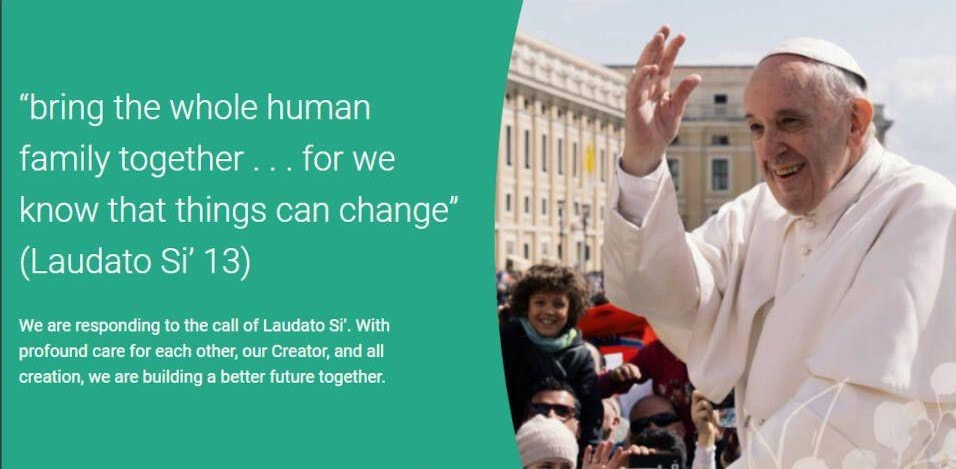
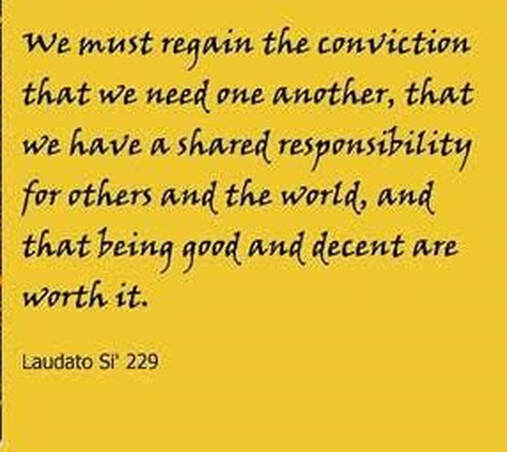

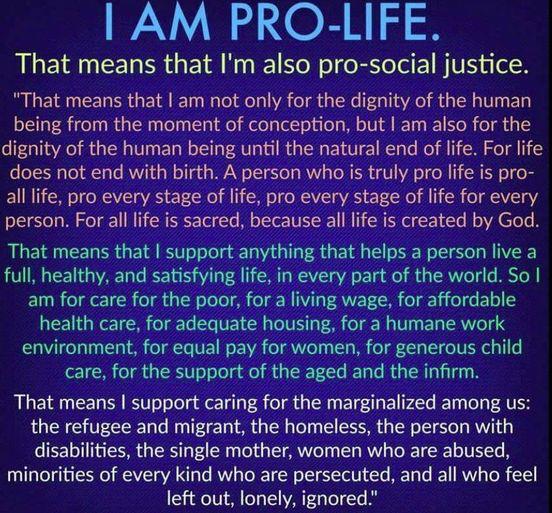

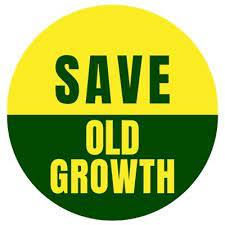



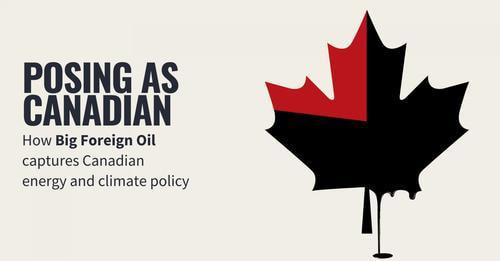
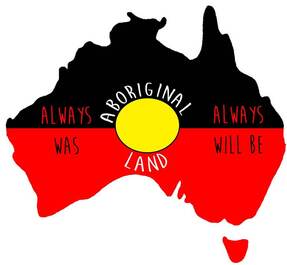
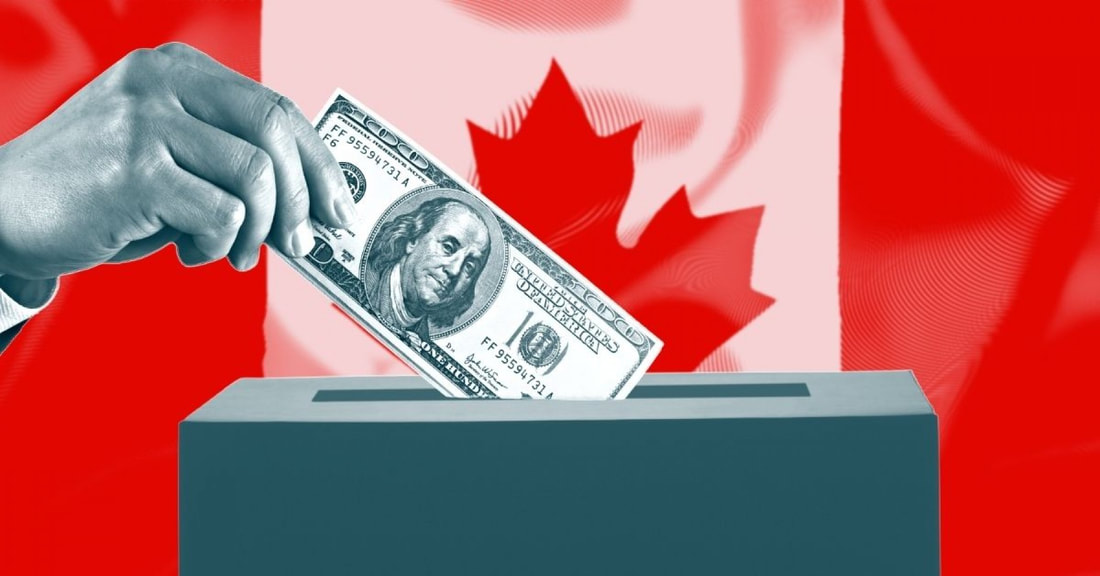

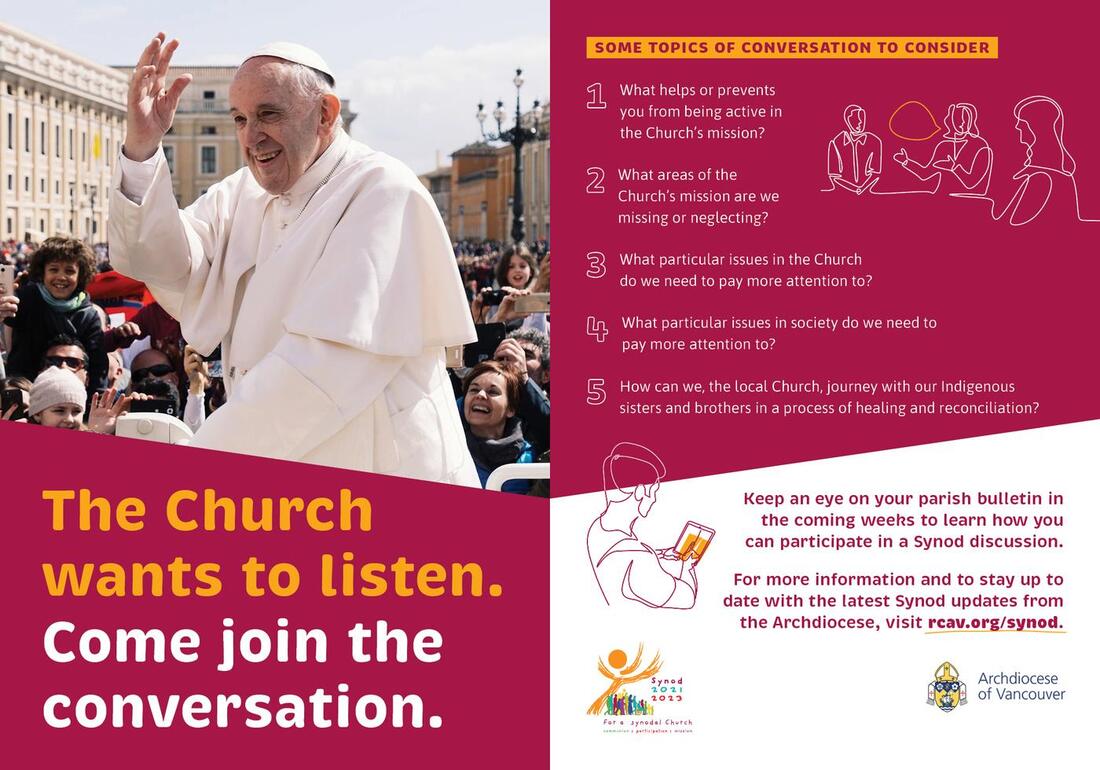


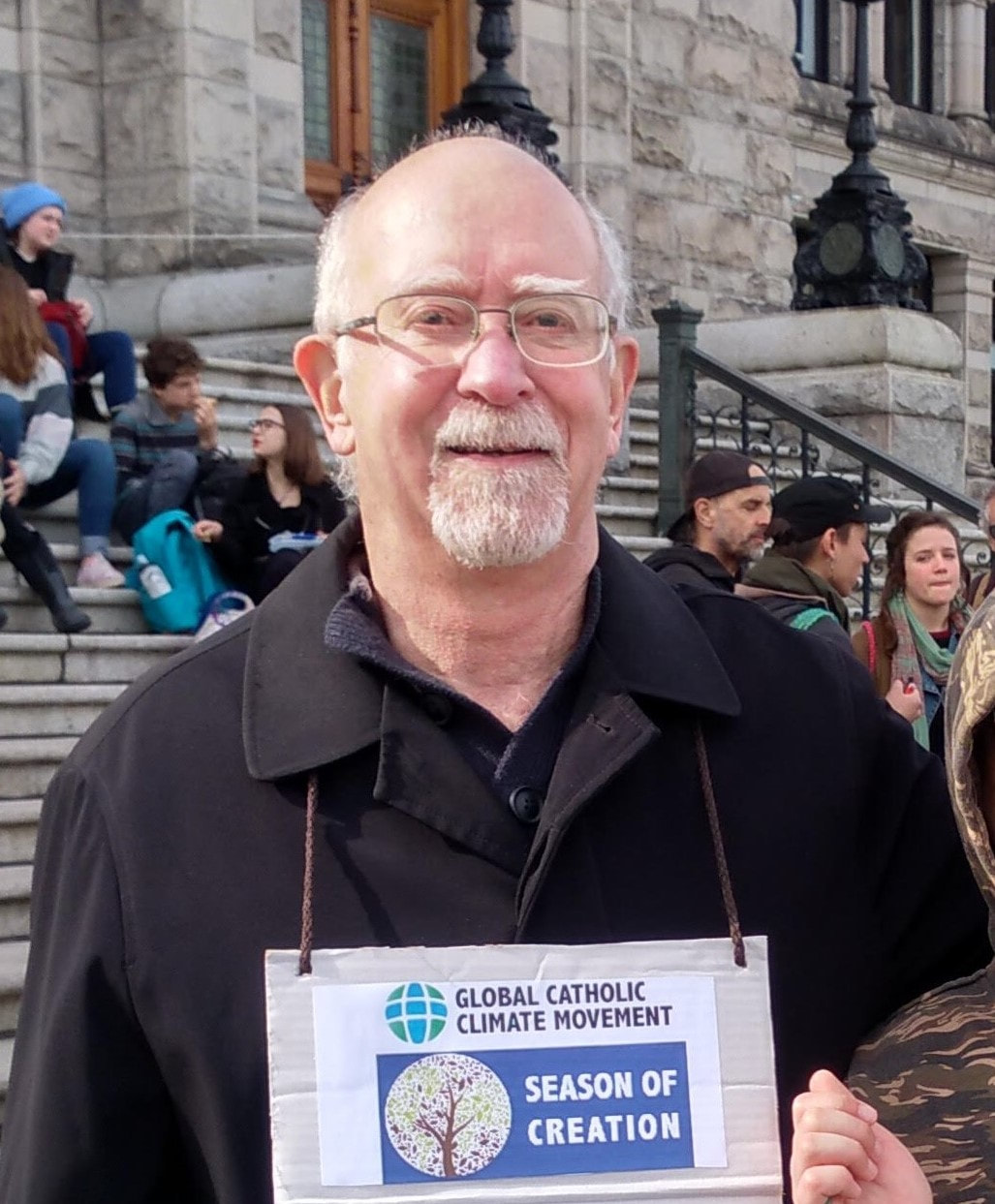

 RSS Feed
RSS Feed